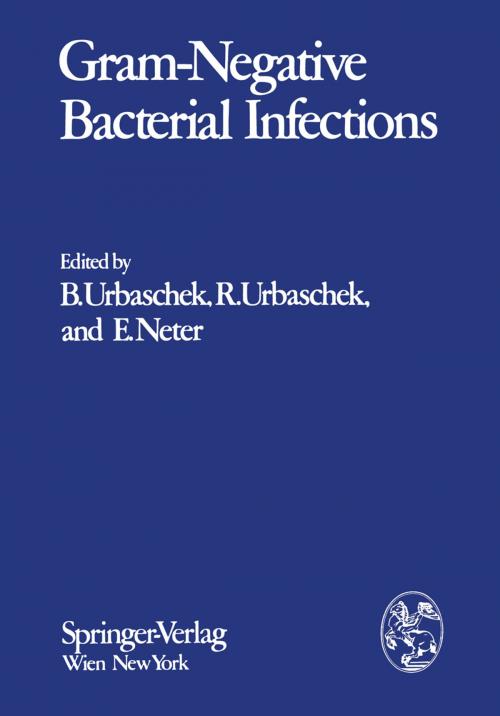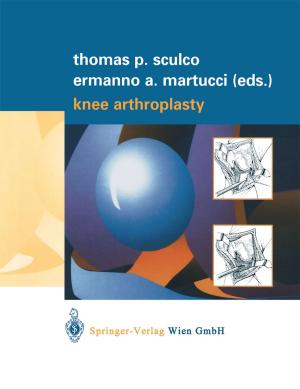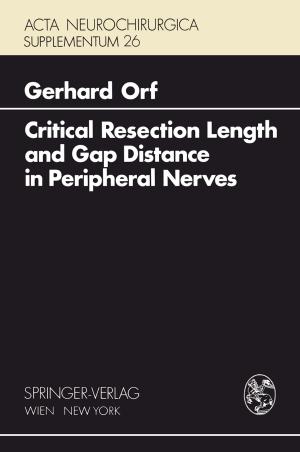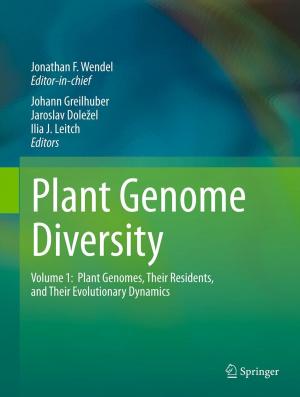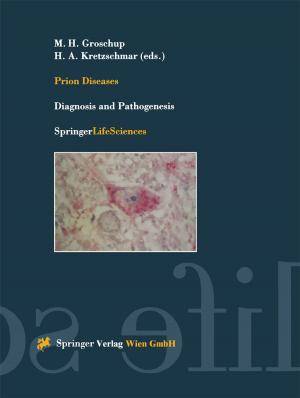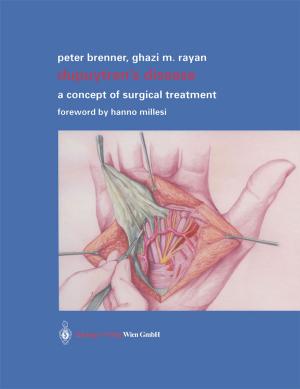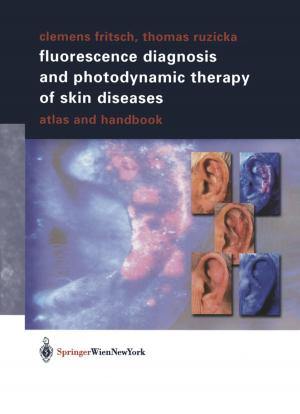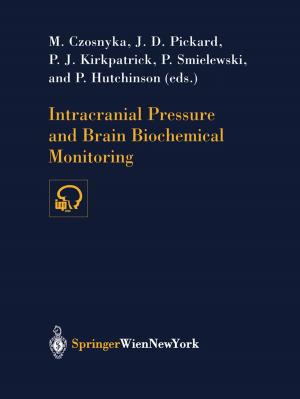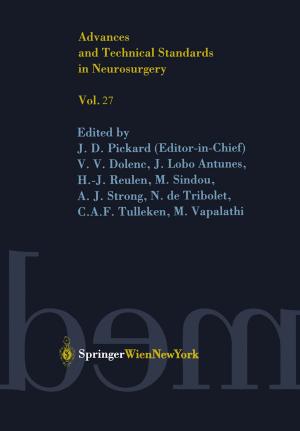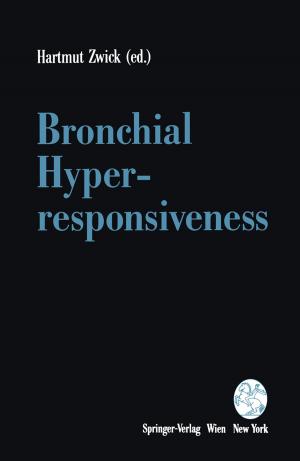Gram-Negative Bacterial Infections and Mode of Endotoxin Actions
Pathophysiological, Immunological, and Clinical Aspects
Nonfiction, Health & Well Being, Medical, Medical Science, Biochemistry, Science & Nature, Science, Biological Sciences| Author: | ISBN: | 9783709183960 | |
| Publisher: | Springer Vienna | Publication: | December 6, 2012 |
| Imprint: | Springer | Language: | English |
| Author: | |
| ISBN: | 9783709183960 |
| Publisher: | Springer Vienna |
| Publication: | December 6, 2012 |
| Imprint: | Springer |
| Language: | English |
The relevance of international symposia and congresses has been questioned with increasing frequency. All too often, presentations at such meetings are meaningful only for very few members of the audience; fundamental scientific principles and relationships between disciplines are not always taken into account. Under present conditions rapid sharing of new information is highly desirable. However, many journals do not lend themselves to speedy exchange of information, nor do many provide the opportunity for the publication of discussion by various specialists of problems arising from different disciplines. Symposia may lend themselves, perhaps more readily, to the identification of current knowledge and the exchange of thoughts between scientists from various fields. It was particularly opportune to have the present symposium held in Vienna, where as early as 1365 the University was founded and where the medical sciences have played a dominant role in the investigation of the nature of diseases. It was the aim of the organizer to provide in this city the opportunity for the exchange of information and of thoughts between scientists from different disciplines and different countries. One of the many current, important problems relates to the fundamental basis of the pathogenesis of gram-negative infections. Information on immune mechanisms against these infections is in adequate; the relative role of non-specific resistance and specific immunity has not been fully elucidated. Problems regarding active immunization and the effectiveness of passively administered immuno globulins still exist even today.
The relevance of international symposia and congresses has been questioned with increasing frequency. All too often, presentations at such meetings are meaningful only for very few members of the audience; fundamental scientific principles and relationships between disciplines are not always taken into account. Under present conditions rapid sharing of new information is highly desirable. However, many journals do not lend themselves to speedy exchange of information, nor do many provide the opportunity for the publication of discussion by various specialists of problems arising from different disciplines. Symposia may lend themselves, perhaps more readily, to the identification of current knowledge and the exchange of thoughts between scientists from various fields. It was particularly opportune to have the present symposium held in Vienna, where as early as 1365 the University was founded and where the medical sciences have played a dominant role in the investigation of the nature of diseases. It was the aim of the organizer to provide in this city the opportunity for the exchange of information and of thoughts between scientists from different disciplines and different countries. One of the many current, important problems relates to the fundamental basis of the pathogenesis of gram-negative infections. Information on immune mechanisms against these infections is in adequate; the relative role of non-specific resistance and specific immunity has not been fully elucidated. Problems regarding active immunization and the effectiveness of passively administered immuno globulins still exist even today.
